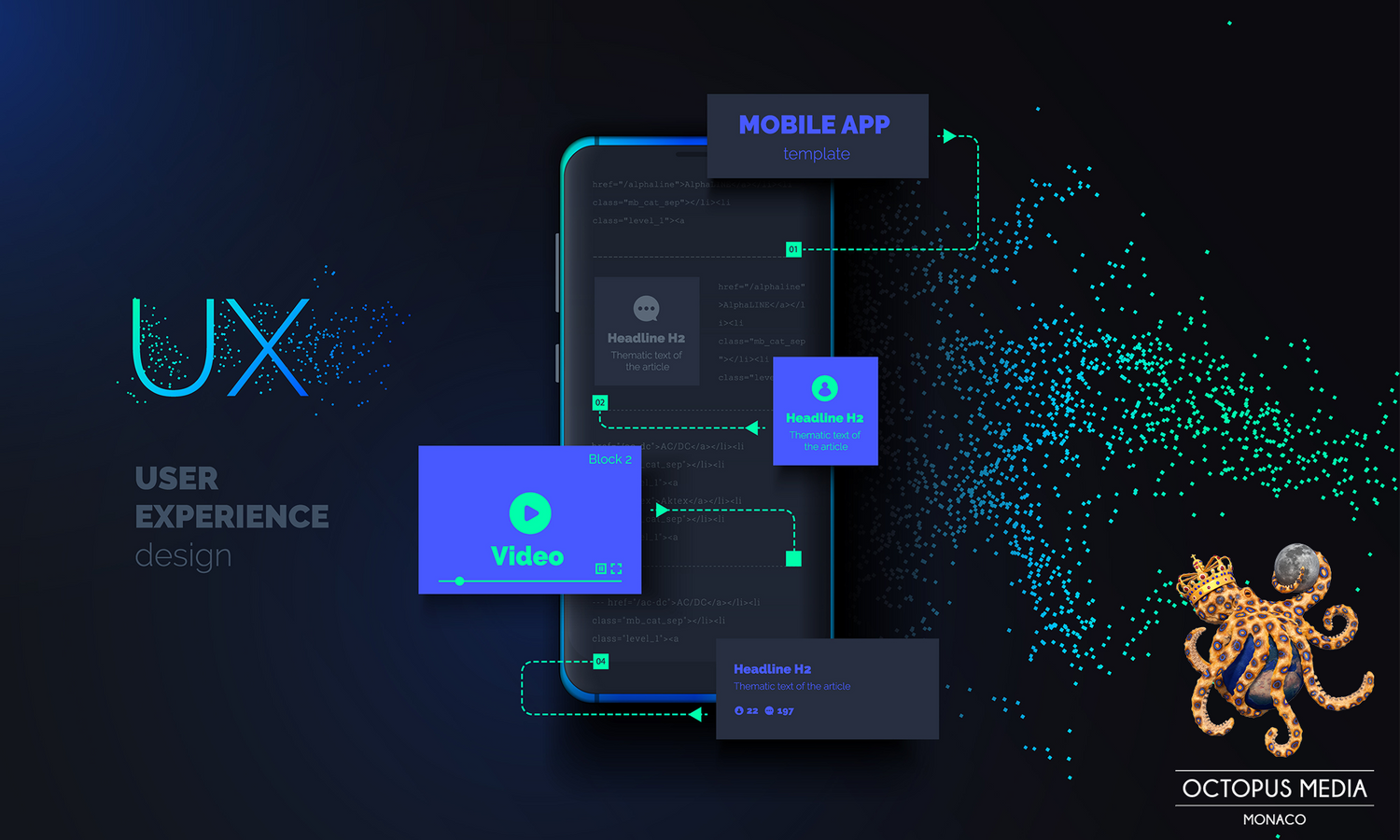
The Importance of UX/UI in Web SEO
Why UX/UI is Crucial for SEO
In the competitive world of SEO , user experience (UX) and user interface (UI) play a key role. Not only do they determine how visitors interact with your site, but they also directly influence the key performance indicators Google uses for ranking, like time on page and bounce rate.
Improving User Engagement
A well-designed UX/UI captures visitors’ attention from the very first moment, encouraging them to stay on your site longer. This increased level of engagement is signaled to search engines as an indicator of the quality and relevance of your content, which can improve your SEO ranking.
Intuitive Navigation and Reduced Bounce Rate
Clear and intuitive navigation is a key element of good UX/UI, allowing users to easily find the information they are looking for. This reduces bounce rate, another important factor for SEO, as it tells search engines that your site meets user expectations.
Mobile-First: A Necessity for UX/UI and SEO
With Google’s mobile-first indexing, optimizing your UX/UI for mobile devices has become crucial. A responsive design that adapts perfectly to different screens can significantly improve your SEO, as the majority of searches are now performed on mobile devices.
Loading Speed and Performance
Loading speed is a crucial aspect of UX/UI that directly affects SEO. Fast loading sites provide a better user experience, which is favorably viewed by search engines. Optimize images, minify CSS/JS, and use caching to improve your site's performance.
Conclusion: UX/UI, the Pillar of SEO Success
In conclusion, excellent UX/UI is essential for effective SEO. By focusing on creating a positive user experience and an intuitive interface, you not only improve your SEO but also the overall satisfaction of your visitors, leading to a better conversion rate and increased retention.





